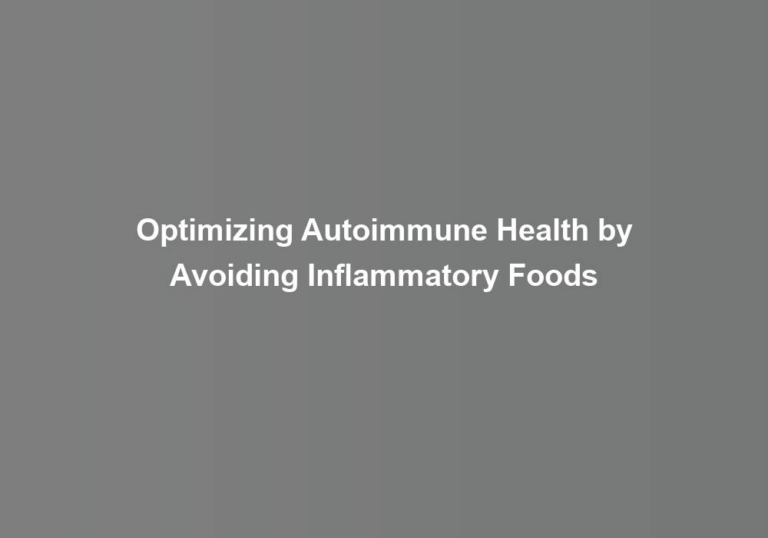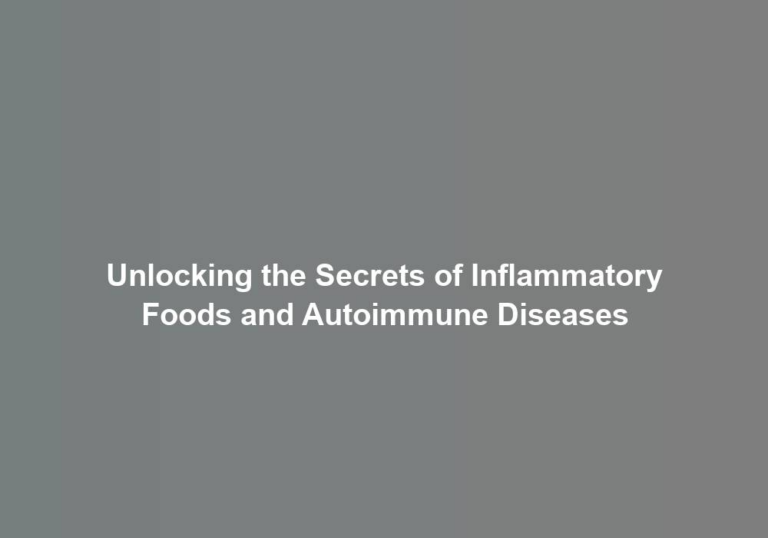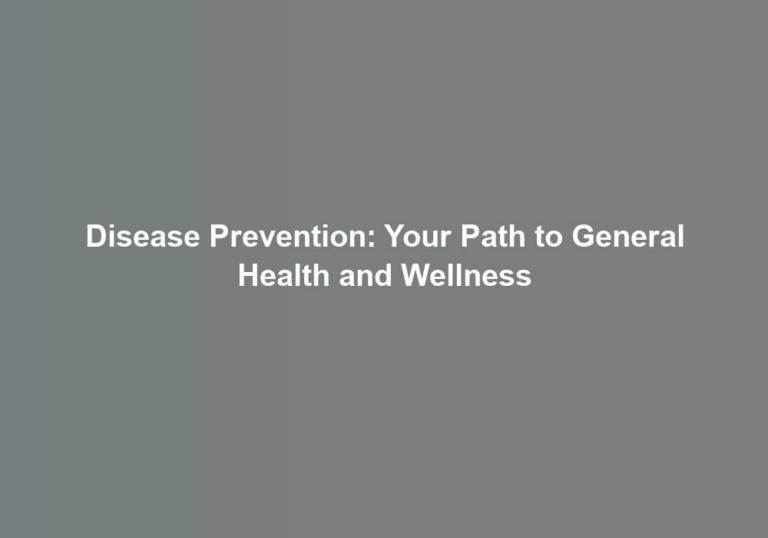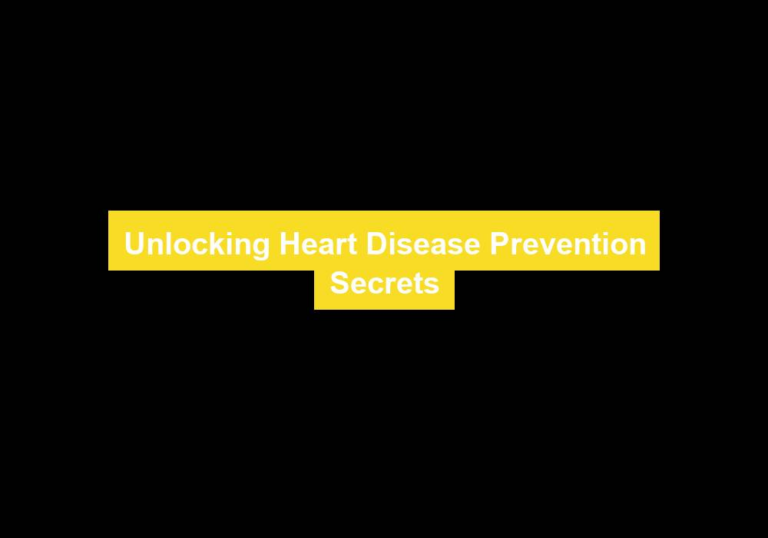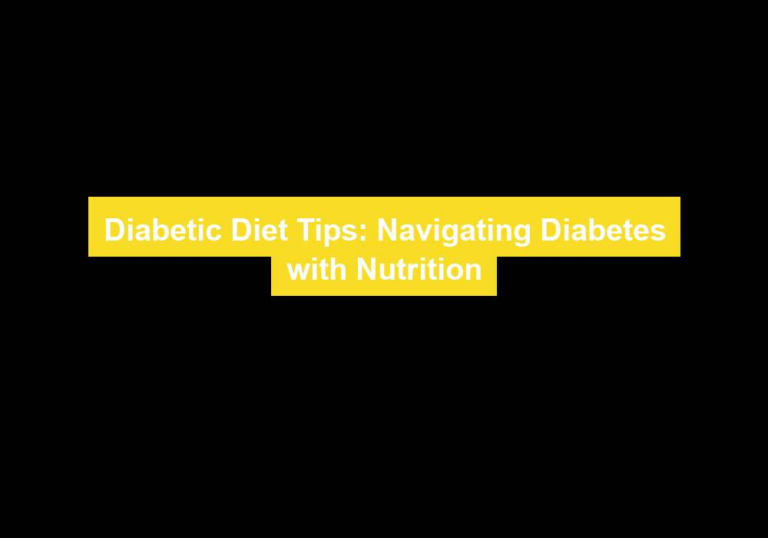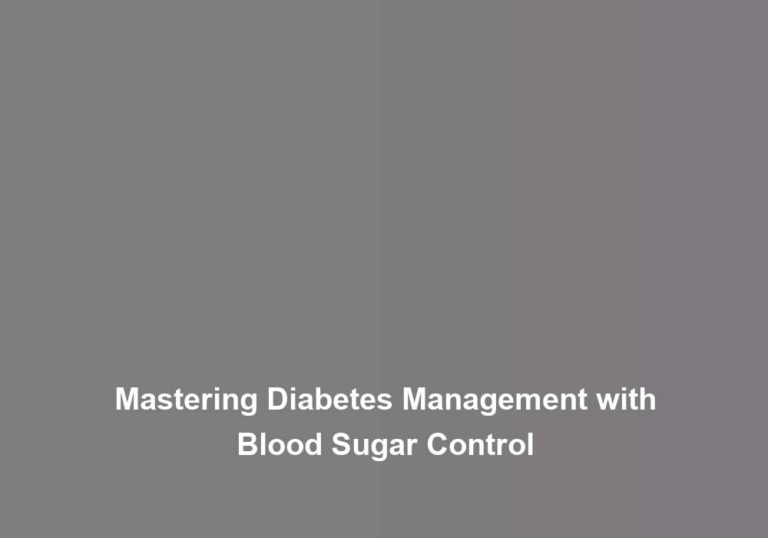Unlocking the Secrets of Cancer Prevention
Have you ever wondered if thereG??s a way to truly unlock the secrets of cancer prevention? The ongoing quest to understand and combat this complex disease has led to a wealth of knowledge and research in the field of cancer prevention. From lifestyle choices to dietary strategies and promising medical advances, thereG??s a growing understanding of the factors that contribute to cancer risk. But is there a definitive answer to the question of how to prevent cancer? As you explore the latest insights and discoveries in this field, youG??ll uncover a wealth of valuable information that could change the way you approach cancer prevention.
Understanding Cancer Risk Factors
Understanding cancer risk factors is crucial for making informed decisions about your health and well-being. Genetic predisposition and environmental exposure are two significant factors that can influence your risk of developing cancer. Genetic predisposition refers to the hereditary tendency to develop cancer due to certain gene mutations passed down through generations. If you have a family history of cancer, especially in first-degree relatives, such as parents or siblings, your risk may be higher due to inherited genetic mutations. ItG??s essential to be aware of your family medical history and discuss it with your healthcare provider to assess your genetic predisposition and take appropriate preventive measures.
Environmental exposure encompasses various factors such as tobacco smoke, ultraviolet radiation, air pollution, and certain chemicals that can increase the risk of cancer. For instance, prolonged exposure to tobacco smoke is a well-known risk factor for lung cancer, while excessive exposure to ultraviolet radiation from the sun or tanning beds can elevate the risk of skin cancer. Additionally, occupational exposure to carcinogens like asbestos or benzene can also contribute to an increased cancer risk.
Being mindful of these risk factors and their potential impact on your health can empower you to make proactive choices to reduce your risk of developing cancer. By understanding genetic predisposition and being aware of environmental exposures, you can take steps to minimize risk factors and prioritize your well-being.
Importance of Healthy Lifestyle Choices
Making healthy lifestyle choices is essential for reducing your risk of cancer and improving overall well-being. Research has shown that adopting healthy eating habits and maintaining an exercise routine can significantly contribute to cancer prevention. Here are some key points to consider:
-
Healthy Eating: Consuming a balanced diet rich in fruits, vegetables, whole grains, lean proteins, and healthy fats provides essential nutrients and antioxidants that help protect your cells from damage. Limiting processed foods, red meat, and sugary beverages can also lower the risk of developing certain types of cancer.
-
Regular Exercise: Engaging in regular physical activity not only helps control weight, but it also plays a crucial role in reducing the risk of various cancers. Exercise can boost the immune system, regulate hormone levels, and promote healthy digestion, all of which contribute to lowering cancer risk.
-
Weight Management: Maintaining a healthy weight through a combination of healthy eating and regular exercise is linked to a lower risk of developing several types of cancer, including breast, colon, kidney, and esophageal cancer.
-
Avoiding Harmful Substances: Limiting alcohol consumption, avoiding tobacco in all forms, and protecting yourself from excessive sun exposure are crucial in cancer prevention. These lifestyle choices can significantly lower the risk of developing certain cancers.
Dietary Strategies for Cancer Prevention
To further enhance your cancer prevention efforts beyond lifestyle choices, letG??s now focus on effective dietary strategies that can play a significant role in reducing your risk of cancer. Nutritional guidelines recommend consuming a diet rich in fruits, vegetables, whole grains, and lean proteins while limiting processed foods, red meats, and sugary beverages. These dietary recommendations are supported by extensive research indicating their potential to reduce the risk of developing various types of cancer.
Incorporating lifestyle modifications such as maintaining a healthy weight and staying physically active is also essential in cancer prevention. A diet high in fiber from fruits, vegetables, and whole grains can aid in weight management and reduce the risk of certain cancers, including colorectal cancer. Additionally, limiting the consumption of processed and red meats can lower the risk of colorectal, prostate, and pancreatic cancers.
Furthermore, certain dietary components such as antioxidants, found in fruits and vegetables, and phytochemicals, present in plant-based foods, have been associated with a decreased risk of cancer. These substances help protect cells from damage that can lead to cancer development.
Promising Medical Advances in Prevention
Recent breakthroughs in medical research have unveiled promising new avenues for cancer prevention, offering hope for improved outcomes and reduced risk for individuals at high risk. The field of cancer prevention has witnessed significant advancements, including genetic testing and immunotherapy breakthroughs, which have the potential to revolutionize the way we approach and prevent cancer.
-
Genetic Testing: Recent advancements in genetic testing have allowed for a more precise understanding of an individualG??s genetic predisposition to cancer. This has enabled healthcare providers to offer personalized recommendations for cancer prevention based on an individualG??s genetic profile, leading to more targeted and effective prevention strategies.
-
Immunotherapy Breakthroughs: Immunotherapy has emerged as a groundbreaking approach in cancer prevention. This innovative treatment leverages the bodyG??s immune system to identify and attack cancer cells. Recent developments in immunotherapy have shown promising results in preventing cancer recurrence and reducing the risk of cancer development in high-risk individuals.
-
Precision Medicine: The rise of precision medicine has enabled healthcare providers to tailor cancer prevention strategies based on an individualG??s unique genetic makeup, lifestyle, and environmental factors. This personalized approach holds great promise for reducing the incidence of cancer and improving outcomes for at-risk individuals.
-
Targeted Therapies: Advances in targeted therapies have paved the way for more effective and less invasive cancer prevention strategies. These therapies specifically target the molecular and genetic abnormalities that drive cancer development, offering new opportunities for preventing cancer in high-risk individuals.
These promising medical advances in cancer prevention signify a new era of hope and progress in the fight against cancer. As research continues to evolve, these breakthroughs hold the potential to significantly reduce the global burden of cancer.
Behavioral and Environmental Influences
Understanding the ways in which behavioral and environmental factors influence cancer risk is crucial for developing effective prevention strategies. Behavioral interventions play a significant role in cancer prevention. Research has shown that lifestyle choices such as tobacco use, poor diet, lack of physical activity, and alcohol consumption contribute to approximately 20-40% of cancer cases. Encouraging individuals to adopt healthier behaviors, such as quitting smoking, maintaining a balanced diet, engaging in regular physical activity, and moderating alcohol intake, can significantly reduce cancer risk.
Furthermore, environmental influences also play a pivotal role in cancer prevention. Exposure to carcinogens in the environment, such as air and water pollution, UV radiation, and occupational hazards, can increase the risk of developing cancer. Implementing policies and regulations to reduce environmental carcinogen exposure, as well as promoting awareness of potential environmental risks, are crucial for cancer prevention. Additionally, advocating for sustainable and eco-friendly practices can contribute to a healthier environment, thereby reducing cancer risk for future generations.
Empowering the Fight Against Cancer
Empower yourself to take proactive steps in reducing your cancer risk by understanding the pivotal role of behavioral and environmental influences in cancer prevention. By harnessing community support and personal empowerment, you can make significant strides in the fight against cancer.
-
Community Support: Engage with local cancer support groups and community organizations to find emotional and practical support. These groups provide a sense of belonging and understanding, which can be crucial for individuals and families affected by cancer.
-
Educate Yourself: Stay informed about the latest research and recommendations for cancer prevention. Knowledge is power, and understanding the risk factors and early warning signs can empower you to make informed decisions about your health.
-
Lifestyle Modifications: Implement healthy lifestyle changes such as maintaining a balanced diet, regular physical activity, and avoiding tobacco and excessive alcohol consumption. These changes not only reduce your cancer risk but also contribute to overall well-being.
-
Advocacy and Awareness: Get involved in advocacy efforts and raise awareness about cancer prevention within your community. By becoming an advocate, you can empower others to take charge of their health and contribute to the greater fight against cancer.
Harnessing community support and personal empowerment can provide a strong foundation for individuals in the fight against cancer. By embracing these principles, you can take proactive steps to reduce your cancer risk and inspire others to do the same.
Conclusion
YouG??ve learned the key to unlocking the secrets of cancer prevention. Just like a detective unraveling a mystery, you can take control of your health by understanding risk factors, making healthy lifestyle choices, and implementing dietary strategies. With promising medical advances and a focus on behavioral and environmental influences, you have the power to empower yourself in the fight against cancer. Keep exploring and educating yourself to stay ahead of the game.


